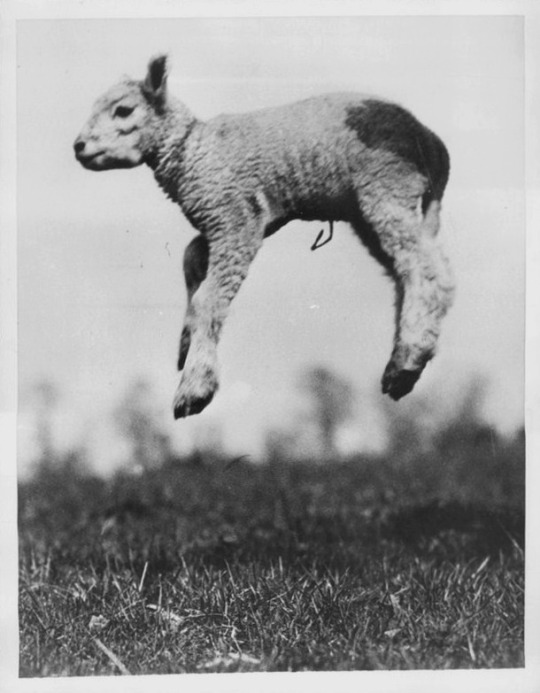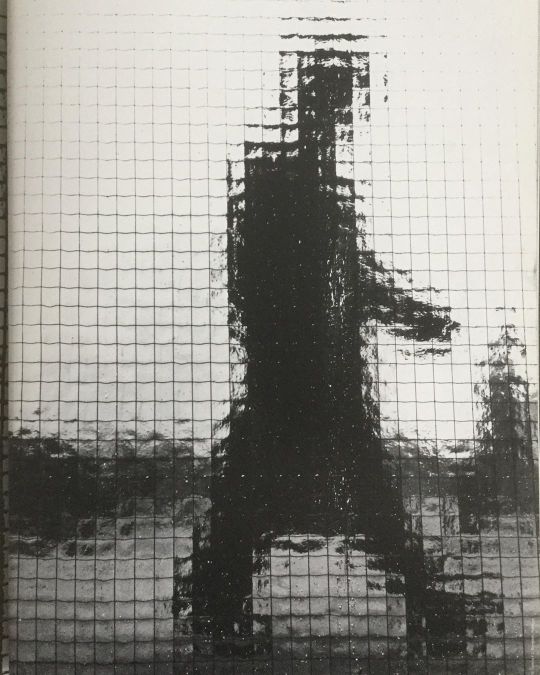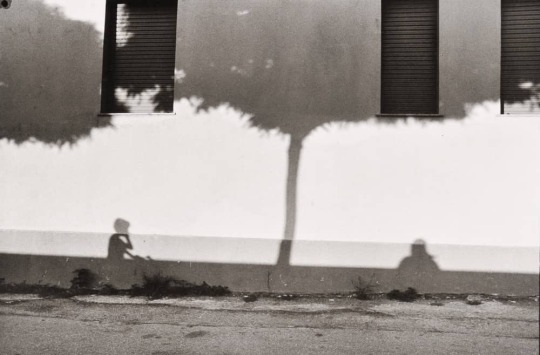Photo
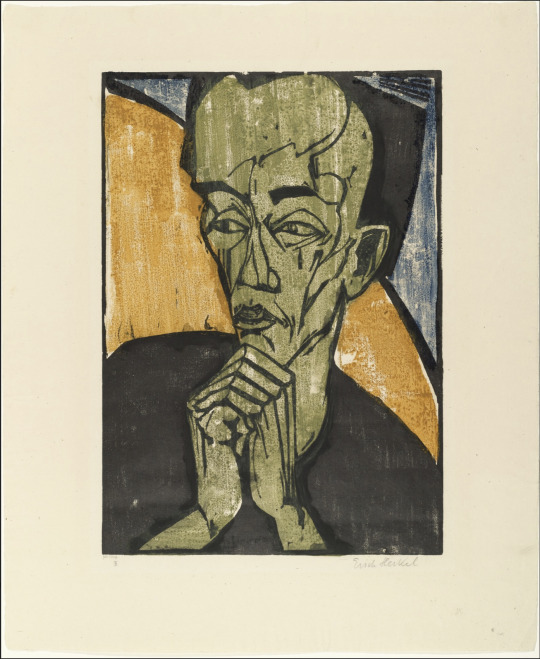
Erich Heckel, Portrait of a Man (Männerbildnis), 1919
“The folded hands recall those of Christians praying in medieval woodcuts, a religious connotation reinforced by the portrait’s icon-like format and the stained-glass effect of black lines circumscribing brilliant swaths of green, yellow, and blue. But while those saints and believers looked toward heaven for inspiration or forgiveness, Heckel gazes weakly to the left in abject disillusionment.”
Followed, inevitably, one hopes, by anatheism (returning to God after God)...
18 notes
·
View notes
Text
“Prajapati was alone. He didn't even know whether he existed or not. 'So to speak,' iva. (As soon as one touches on something crucial, it's as well to qualify what one has said with the particle iva, which doesn't tie us down.) There was only the mind, manas. And what is peculiar about the mind is that it doesn't know whether it exists or not. But it comes before anything else. 'There is nothing before the mind.' Then, even prior to establishing whether it existed or not, the mind desired. It was continuous, diffused, undefined. Yet, as though drawn to something exotic, something belonging to another species of life, it desired what was definite and separate, what has shape. A Self, atman – that was the name it used. And the mind imagined that Self as having consistency. Thinking, the mind grew red hot. It saw thirty-six thousand fires flare up, made of mind, made with mind. Suspended above the fires were thirty-six thousand cups, and these too were made of mind.” — Roberto Calasso, Ka
3 notes
·
View notes
Quote
To love is good, too: love being difficult. For one human being to love another: that is perhaps the most difficult of all our tasks, the ultimate, the last test and proof, the work for which all other work is but preparation. For this reason young people, who are beginners in everything, cannot yet know love: they have to learn it. With their whole being, with all their forces, gathered close about their lonely, timid, upward-beating heart, they must learn to love. But learning-time is always a long, secluded time, and so loving, for a long while ahead and far on into life, is — solitude, intensified and deepened loneness for him who loves. Love is at first not anything that means merging, giving over, and uniting with another (for what would a union be of something unclarified and unfinished, still subordinate — ?), it is a high inducement to the individual to ripen, to become something in himself, to become world, to become world for himself for another’s sake, it is a great exacting claim upon him, something that chooses him out and calls him to vast things. Only in this sense, as the task of working at themselves (“to hearken and to hammer day and night”), might young people use the love that is given them. Merging and surrendering and every kind of communion is not for them (who must save and gather for a long, long time still), is the ultimate, is perhaps that for which human lives as yet scarcely suffice.
Rilke, Letters to a Young Poet
0 notes
Quote
Ready-made knowledge can only be memorized; knowledge is not truly our own until we are capable of reproducing the given content in a form of our own making. Memorizing is but a negative condition; true...organic assimilation is impossible without inner transformation of what we learn. All rules for study are summed up in this one: learn only in order to create. Only by his divine capacity for production is man truly a man; without it, no more than a tolerably well-devised machine. He who has not—with the same high impulse as the artist who out of the raw material calls forth the image of his soul—his own invention, who has not fashioned the image of his science in all its parts and features in perfect harmony with the archetype, has not truly grasped it.
Schelling, On University Studies (Lecture 3)
34 notes
·
View notes
Quote
Here, [the German philosopher Georg W.F.] Hegel’s concept of objective spirit turns into the principle of information. Information enters between thoughts and things as a third value, between the pole of reflection and the pole of the thing, between spirit and matter. Intelligent machines — like all artifices that are culturally created — eventually also compel the recognition of spirit. Reflection or thought is infused into matter and remains there ready to be re-found and further cultivated. Machines and artifices are thus memories or reflections turned objective.
Peter Sloterdijk
22 notes
·
View notes
Photo

The city of Ghardaia in the south of Algeria 1982, A. Abbas.
2K notes
·
View notes
Quote
Eternal tourists of ourselves, there is no landscape but what we are. We possess nothing, for we don't possess even ourselves. We have nothing because we are nothing. What hand will I reach out, and to what universe? The universe isn't mine: it's me.
Fernando Pessoa
2 notes
·
View notes
Quote
Travel is for those who cannot feel. That's why travel books are always so unsatisfying as books of experience. They're worth only as much as the imagination of those who writes them, and if the writer has imagination, he can as easily enchant us with the detailed, photographic description – down to each tiny coloured pennant – of scenes he imagines as he can with the necessarily less detailed description of the scenes he thought he saw. All of us are near-sighted, except on the inside. Only the eyes we use for dreaming truly see.
Fernando Pessoa
0 notes
Photo
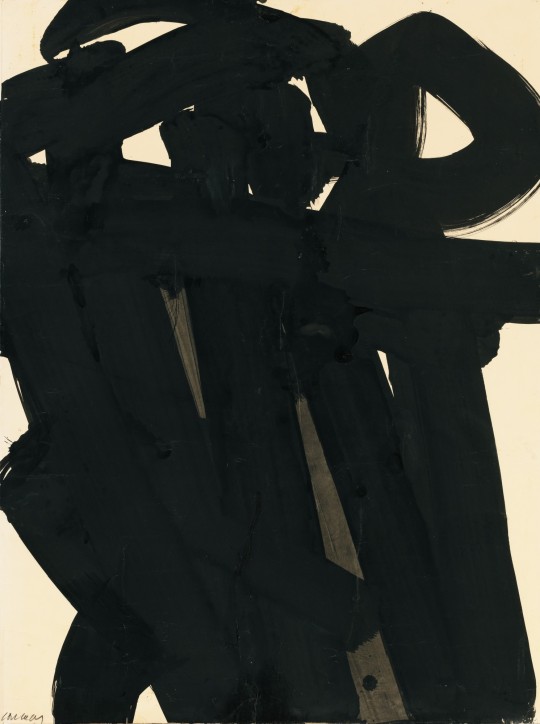
Pierre Soulages (French, b. 1919), Untitled, 1968. Gouache on paper, 64.3 x 49.5 cm.
412 notes
·
View notes

